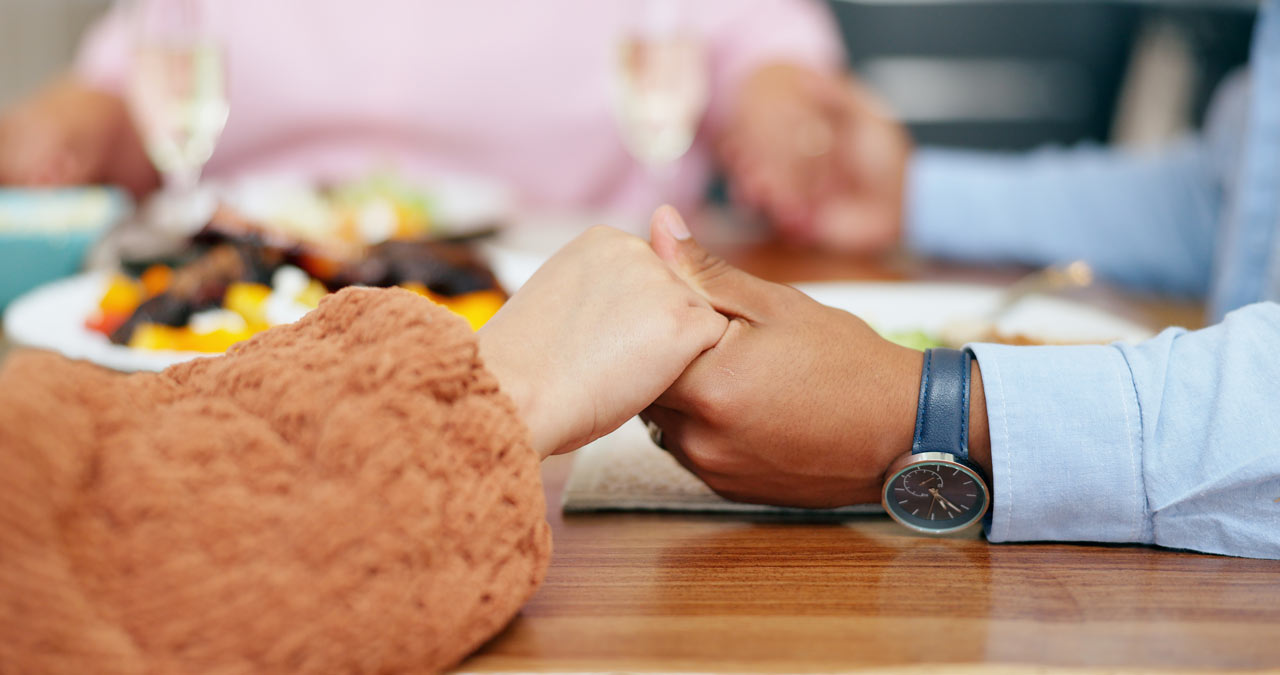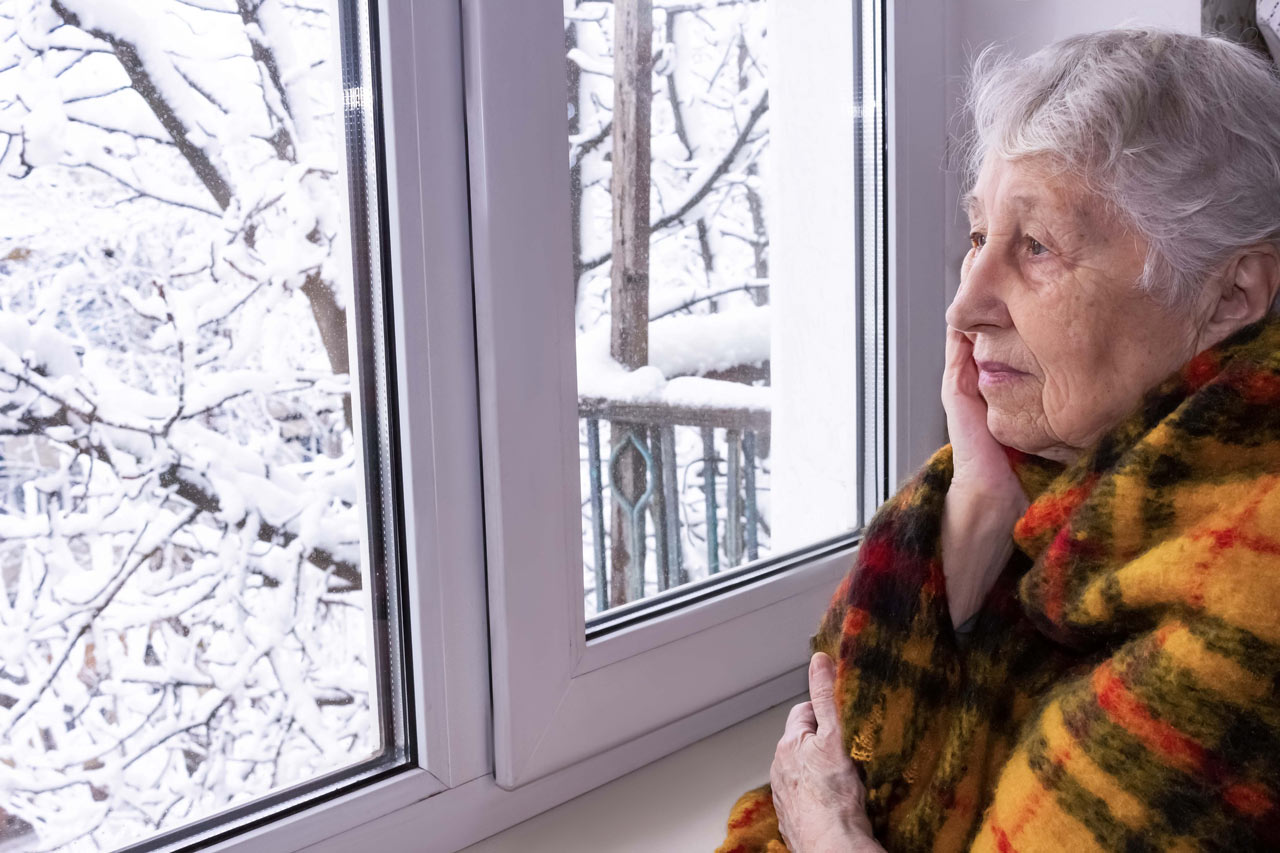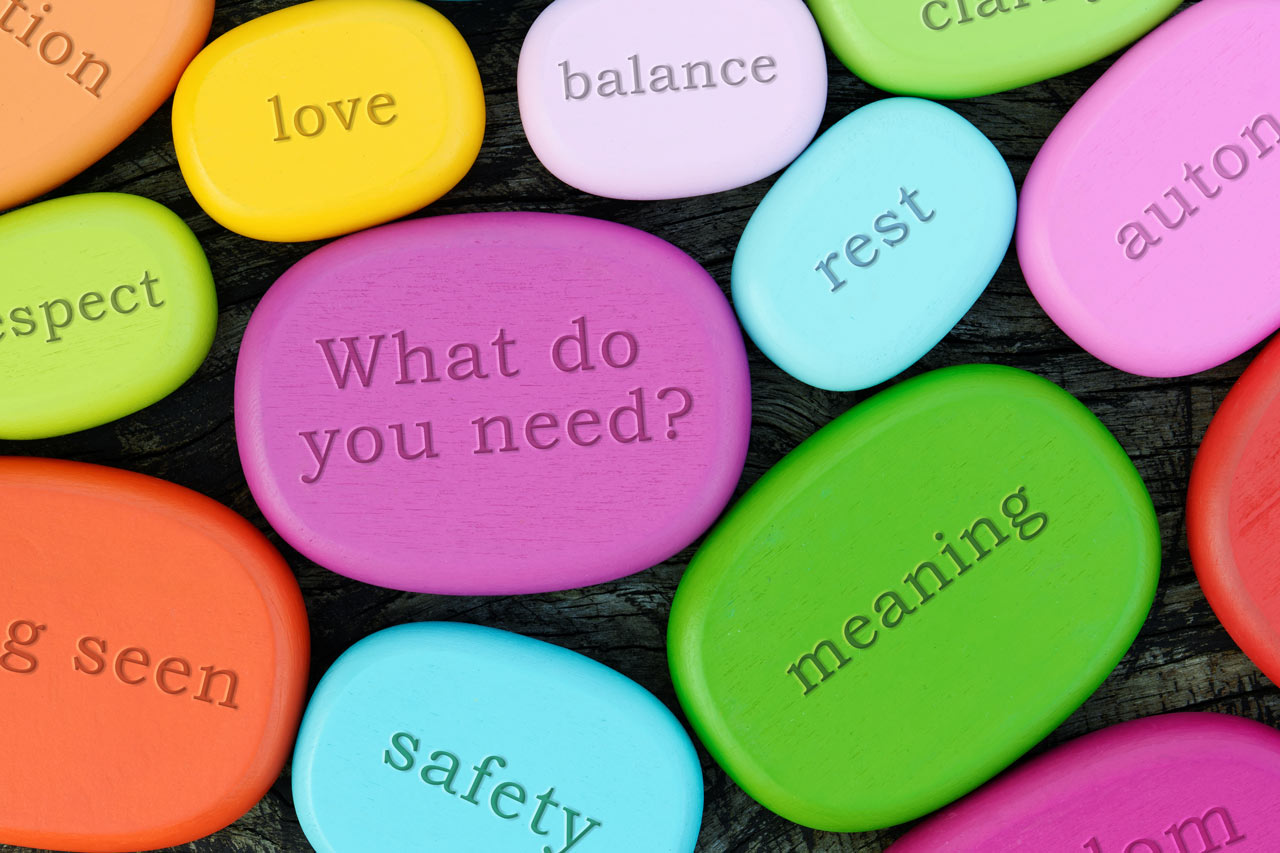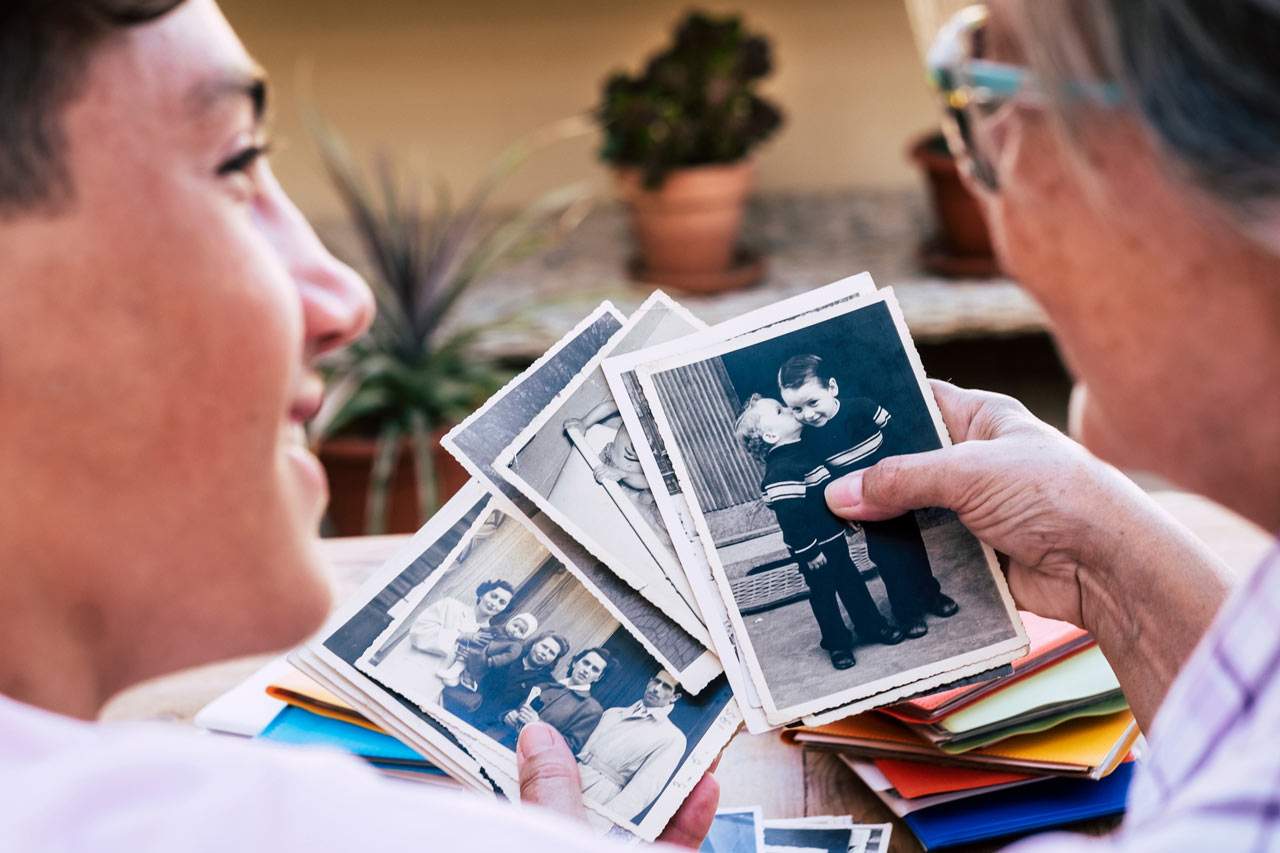You and your mother want her to live long and live well. She wants to stay at home and won’t consider moving near her children. You get it. She wants her dignity. She wants to keep her friends, her neighbors, her church, her senior center, and her stores. She wants to continue to be as active as she can and an involved member of the community. Call it quality of life. Call it independence. Call it emotional comfort or something else. It makes sense and that’s the choice of most people today according to all studies. Even young people indicate that this is their preference, rather than group facilities.
So, what can the two of you do to ensure that her home continues to be safe?
Focus on three priorities.
- Life Safety. Making sure that she can maintain safety and communicate if there is a serious threat. We are talking about medical emergencies, fire, home invasions, gas, and more. Her home needs alarms, detectors, and communication devices as well as easy egress. Gas and smoke alarms are crucial. There are Wi-Fi based portable systems one can be that do much of this in one system. They can be moved to a child’s home for a holiday stay or an extended visit to a sunny clime. Some can be set up so that you are called if the senior doesn’t respond during the pre-set period. Old fashioned pendants are sometimes viewed by seniors as a mark of frailty. They want to maintain their dignity. Respect that but do set up a system at home for their safety.
- Fall Prevention. Everyone knows that fall pose big risks for seniors. Why? One in five causes serious injury and often lead to complications and death. Falls reduce the ability of older people to remain independent. There are a few reasons for this. People lose muscle mass as they age so their muscle strength may fail them. They may have problems with balance and gait. Furthermore, rapid drops in blood pressure during transitions (when they get up from lying down or sitting) cause falls. Failing vision may also be a cause. Falls have more than one cause. Most falls occur on flat surfaces rather than stairs. And they occur in the home most often, especially in the bathroom which is small and often has slippery wet floors. You may want to reconsider flooring, carpeting, rugs, and cord placement. Lighting may have to be improved with three-way switches, task lighting, and motion activated lights.
- Convenience. You want to make it easier for your parents to live independently. Engagement in regular tasks and activities she enjoys is pivotal to quality of life. This means making it easier to cook, garden, play an instrument, and do other activities at home. This means reorganizing and some modifications to keep things within reach, rather than up high. Pull out and slide out drawers and shelves are better than those one must stretch to reach, for example. Removing living room clutter and replacing it with easily accessible collections or craft supplies that your dad enjoys is important. You may want to start conversations and get some ideas from the senior.
A focus on safety involves ensuring redundancies. Usually redundancy is a negative; it’s duplicative. However, when it comes to safety for young and old, we want to double systems up so there is backup. For example, a smoke alarm should have flashing lights as well as loud warnings. The lighting fixtures in an entry should have multiple bulbs so in case one burns out, there is still light to see. A home safety alarm that is Wi-Fi powered should also have batteries as a backup.
One final note. Aesthetics is important. Keep the home attractive. Avoid an institutional look if you must bring in equipment and make modifications. If you are widening doors, adding a handrail, or installing a ramp, make sure to restore the home to its pleasant look. Paint the woodwork; don’t leave it raw. Replace the wallpaper if you are altering the walls. Keep the home looking homey!
Similar Article in our Home Care Resources
- How Tech can Help your Caregiving in 2024
- Creativity and Caregiving
- Why is my Mother’s Personality Changing?
- Photos at the Bedside
- Extreme Heat and Your Dementia Patient
- Finding the Balance: Respectful Caregiving and Decision-Making for Aging Parents
- Caregiving and Working: Making it Work with or without using CDPAP





